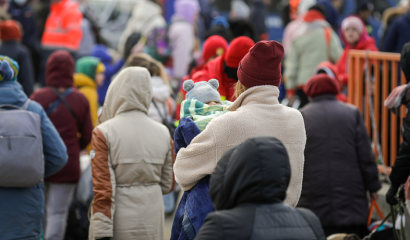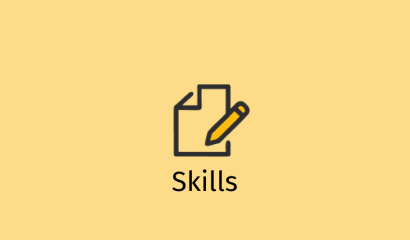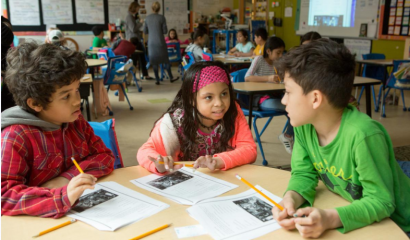Latino Ed Beat
Find archived articles, data, event recaps and research explainers on Latinx students and their experiences.
Latino Ed Beat
As the Hispanic population increases in the United States, so does the list of Hispanic-serving institutions, or HSIs. Experts discuss how reporters can best co...
Learn how to stay on top of curriculum and content changes amid critical race theory debates and partisan politics. Additionally, get tips from a South Dakota r...
Hispanic students, who make up the second largest racial demographic in schools today, are entering college in record numbers. But they are also dropping out of...
Survey finds that Hispanic-Americans experience slurs and bias....
Michele Siqueiros, the president of The Campaign for College Opportunity, a California nonprofit organization, said she was a straight A student in high school,...
President Donald Trump and U.S. Secretary of Education Betsy DeVos both say they want to expand school choice, including with public funding for private schools...
Charter school advocates and skeptics speaking at a recent Education Writers Association convening for Spanish-language media agreed on little except this: Char...
Decades of restrictions on bilingual education in public schools across the country — and particularly in California — led to a dramatic reduction of biling...
For nearly three decades, a White House commission created to help boost Hispanic student achievement has advised four presidents and their secretaries of educa...







